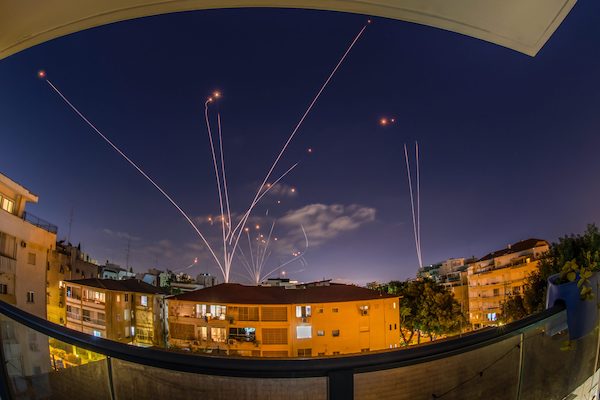The University that Built a Nation
Israel’s Defense and Security
From the very beginning, Technion students were a major resource for the Haganah, the pre-State paramilitary organization.
Its Haifa unit was the largest in the country, and the Technion’s workshops secretly manufactured vital items, such as cartridge clips, gun parts, signaling keys, and heliographs, which helped launch the unique partnership between the Technion and the nation’s defense industry.
During World War II, Technion engineers and skilled technicians opened and operated the region’s first wool-spinning plants, steel foundries for machinery, and chemical plants for pharmaceuticals, paints, and glue.
Perhaps the Technion’s most significant war contribution was its cooperation with Britain’s Royal Air Force in manufacturing replacement parts for warplanes.
Minesweepers were built, warships repaired, and bolts manufactured. Technion laboratories tested and created new building materials, produced carbon for gas masks, improved the quality of flour, repaired electrical equipment and motors, developed instruments to detect the sound of planes, and more.
After the War of Independence, surplus military planes were brought from Europe to the Technion to be reengineered for Israel’s new air force. Its first aircraft technicians were trained on Technion grounds.
In the 1950s, the Technion’s aerospace engineering department was established. From that time forward, graduates have been key players in the development of Israel’s military and civilian aircraft, satellite, and defense systems.
When Israel faced a barrage of missiles from Iraq during the Gulf War, it became clear that the nation’s defense weapons at the time were not sufficient.
In 1991, a team of Technion alumni at Israel Aerospace Industries helped develop Israel’s first long-range antimissile defense system, the Arrow, and in 2008, another group of alumni made significant advancements to what is now the Arrow 3.
When Israel experienced a massive rocket bombardment by Hezbollah in 2006, the need for a short-range antimissile defense system was identified. A team comprised of many Technion alumni at Rafael Advanced Defense Systems led the development of Iron Dome.
Technion students and alumni continue to staff elite high-tech IDF units and work in Israel’s aerospace industry today and will continue to solve Israel’s defense challenges tomorrow.


